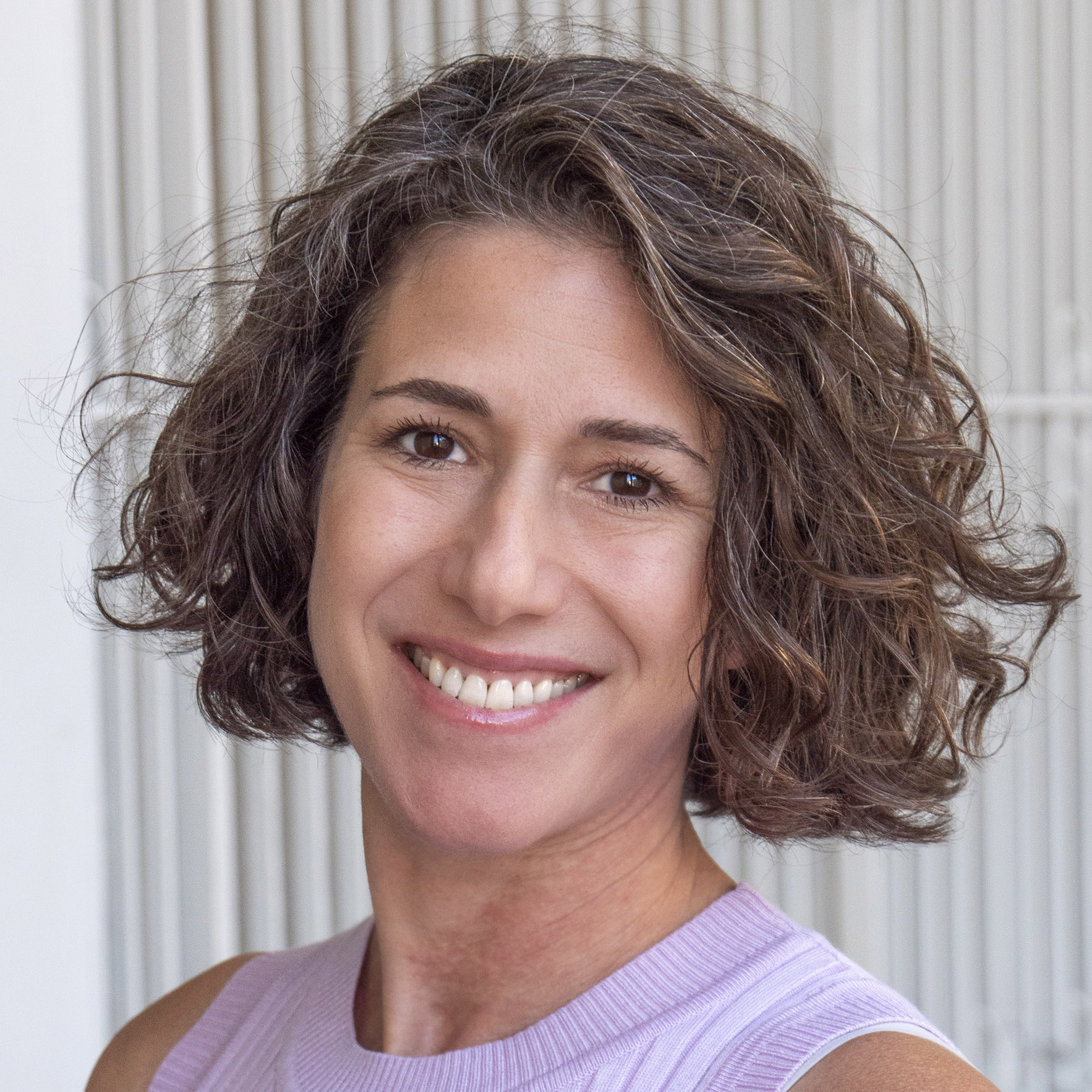The consortium putting together the Philly region’s bid for federal EDA Tech Hubs funding has now officially submitted its proposal.
Stakeholders say the work is just beginning.
“The ultimate goal — besides jobs, obviously — is to build global competitiveness in our relevant tech sector, over 10 years,” Tony Green, chief scientific officer at Ben Franklin Technology Partners of Southeastern Pennsylvania, said at a consortium meeting last week.
Ben Franklin has been leading the charge, but the Greater Philadelphia consortium is made up of over 100 organizations from the region, across a huge variety of industries.
Building the proposal took four months leading up to the Feb. 29 submission deadline. Applicants expect to find out this summer if they won the money. The local projects, which are built around precision medicine, would start spinning up in early September, according to Green.
It all started last fall, when the US Economic Development Administration (EDA) selected the bid for the Greater Philadelphia Region Precision Medicine Tech Hub — comprising Philly and its Southeastern Pennsylvania, Delaware and South Jersey suburbs — as one of its designated hubs.
The designation did not guarantee funding, however. Philadelphia was one of 31 regions, including Baltimore, that are now competing for implementation grants of $40 to $70 million dollars. About 5 to 10 of the tech hubs are expected to receive grants from a total pot of $541 million.
The Greater Philadelphia proposal requested a total budget of $80 million over five years. Of that, the consortium is requesting $75 million from the EDA and has received $9 million in matching funds, including:
- $5 million from the Commonwealth of Pennsylvania
- $1 million from the State of Delaware
- $1 million from the City of Philadelphia
- $2 million from private sources
A set of preliminary questions from the EDA about the proposal are due back this week, Green said.
The consortium is also preparing for an April 12 virtual site visit from the EDA, which will consist of an hour long Q&A, a 30-minute presentation and a 30-minute interview with Green.
The EDA Tech Hubs program is an effort from the federal government to support development, manufacturing and commercialization of technology across the United States. Funded by the CHIPS and Science Act, it aims to help regions without the same funding or name recognition as Silicon Valley become global competitors, and assist the US in its aims to become a major player in high-tech manufacturing.
Supporting all aspects of precision medicine in the region
The Greater Philadelphia proposal was split into five sections: governance, biomanufacturing, workforce, access and entrepreneurship.
The governance section outlines how the consortium — dubbed PROPEL: the National Center for Precision Medicine — would develop operating procedures, steering committees and rules, including an advisory committee to make sure the hub is fully informed on trends and changes. The hub will also require governance documents, communications plans and cybersecurity assessment plans.
Another key section, biomanufacturing, describes the goal to improve capacity available in the region for this workforce and for advancing biomanufacturing processes and technology. The hub proposes to build a network of sites for training and workforce development and establish a project call program, asking for proposals to fund biomanufacturing projects.
The funding bid has five sections: governance, biomanufacturing, workforce, access and entrepreneurship
The workforce arm of the project has a goal to create a diverse and skilled workforce by connecting with schools and targeting underemployed and disadvantaged communities to make sure they are aware of careers in precision medicine and life sciences. To execute this, the hub would develop a workforce center for precision medicine and outreach to employers to fill their needs.
Under access, the proposal details a plan to increase accessibility of development testing and commercialization of precision medicines through data sharing, research and community networks. It includes efforts to ensure clinical trials are equitable and inclusive, and increase access to clinical research opportunities.
Entrepreneurship, meanwhile, describes pathways to creating a pipeline of opportunities to support company growth. It outlines grant opportunities to support founders through funding as well as mentorship and accelerator opportunities.
A common thread through the entire proposal, per Green, is creating technology here, keeping the development and manufacturing in the region and getting it to people as fast as possible.
“What we also emphasize and made very clear to EDA, is just because you can develop the technology doesn’t mean that you can make it and doesn’t mean you can get it to the people who need it,” Green said. “This is where we think we have a competitive advantage over the other hubs.”
Sarah Huffman is a 2022-2024 corps member for Report for America, an initiative of The Groundtruth Project that pairs young journalists with local newsrooms. This position is supported by the Lenfest Institute for Journalism.Before you go...
Please consider supporting Technical.ly to keep our independent journalism strong. Unlike most business-focused media outlets, we don’t have a paywall. Instead, we count on your personal and organizational support.
3 ways to support our work:- Contribute to the Journalism Fund. Charitable giving ensures our information remains free and accessible for residents to discover workforce programs and entrepreneurship pathways. This includes philanthropic grants and individual tax-deductible donations from readers like you.
- Use our Preferred Partners. Our directory of vetted providers offers high-quality recommendations for services our readers need, and each referral supports our journalism.
- Use our services. If you need entrepreneurs and tech leaders to buy your services, are seeking technologists to hire or want more professionals to know about your ecosystem, Technical.ly has the biggest and most engaged audience in the mid-Atlantic. We help companies tell their stories and answer big questions to meet and serve our community.
Join our growing Slack community
Join 5,000 tech professionals and entrepreneurs in our community Slack today!

The person charged in the UnitedHealthcare CEO shooting had a ton of tech connections

From rejection to innovation: How I built a tool to beat AI hiring algorithms at their own game

The looming TikTok ban doesn’t strike financial fear into the hearts of creators — it’s community they’re worried about




